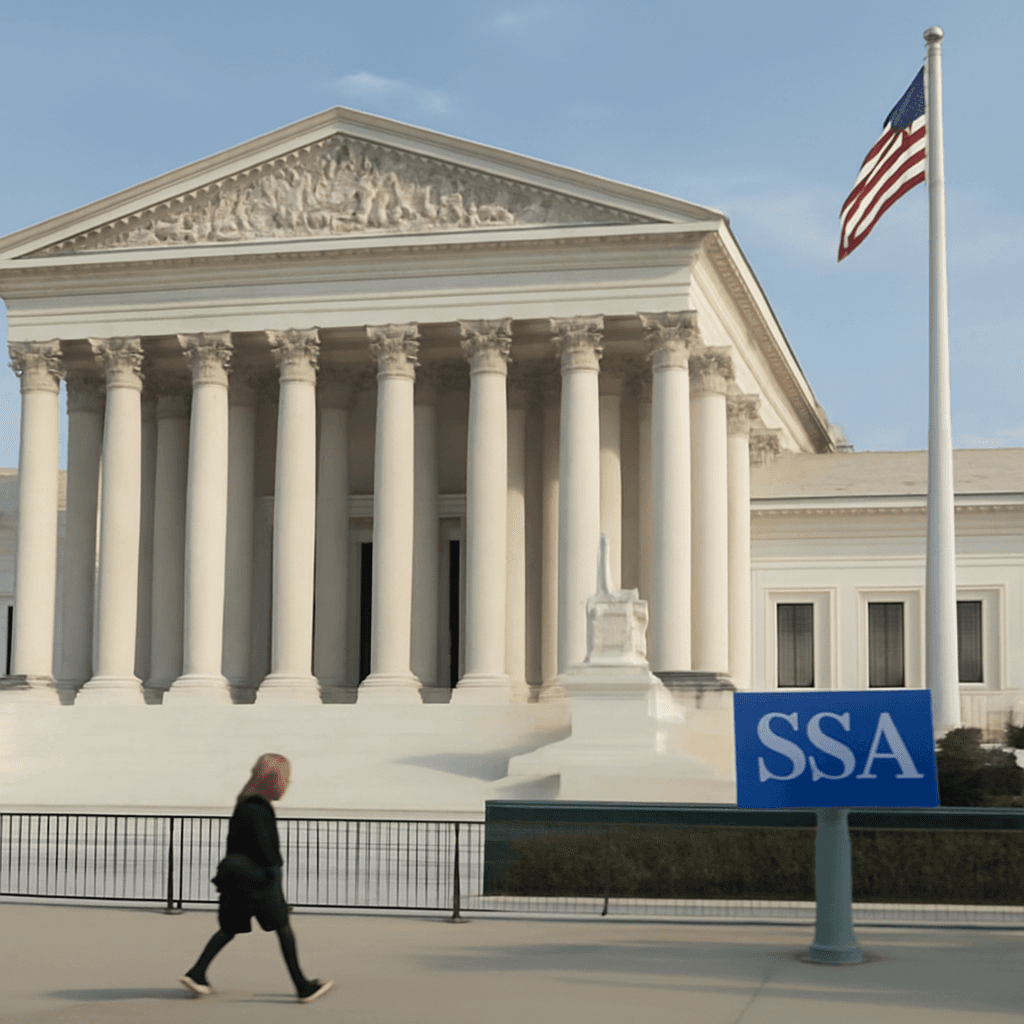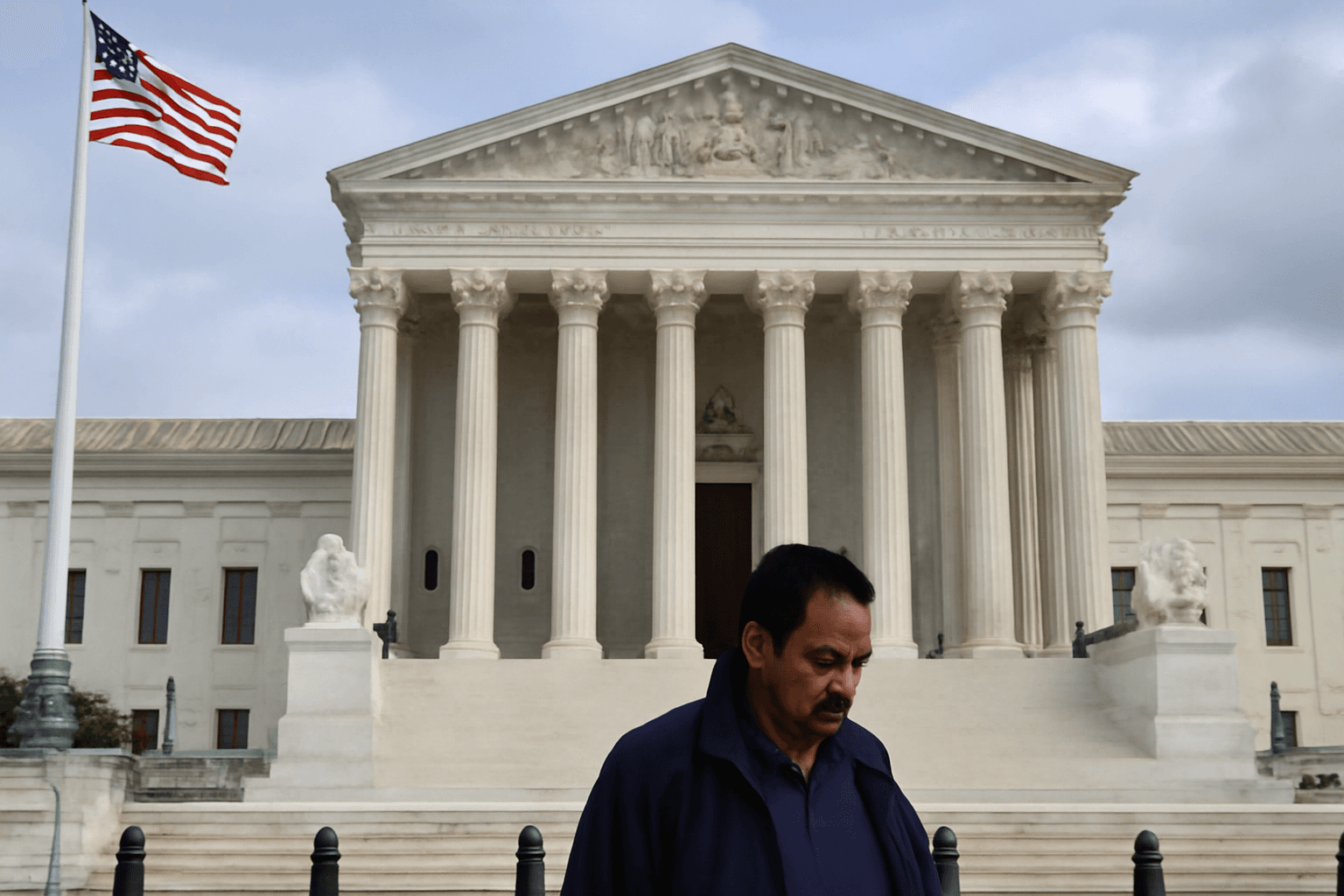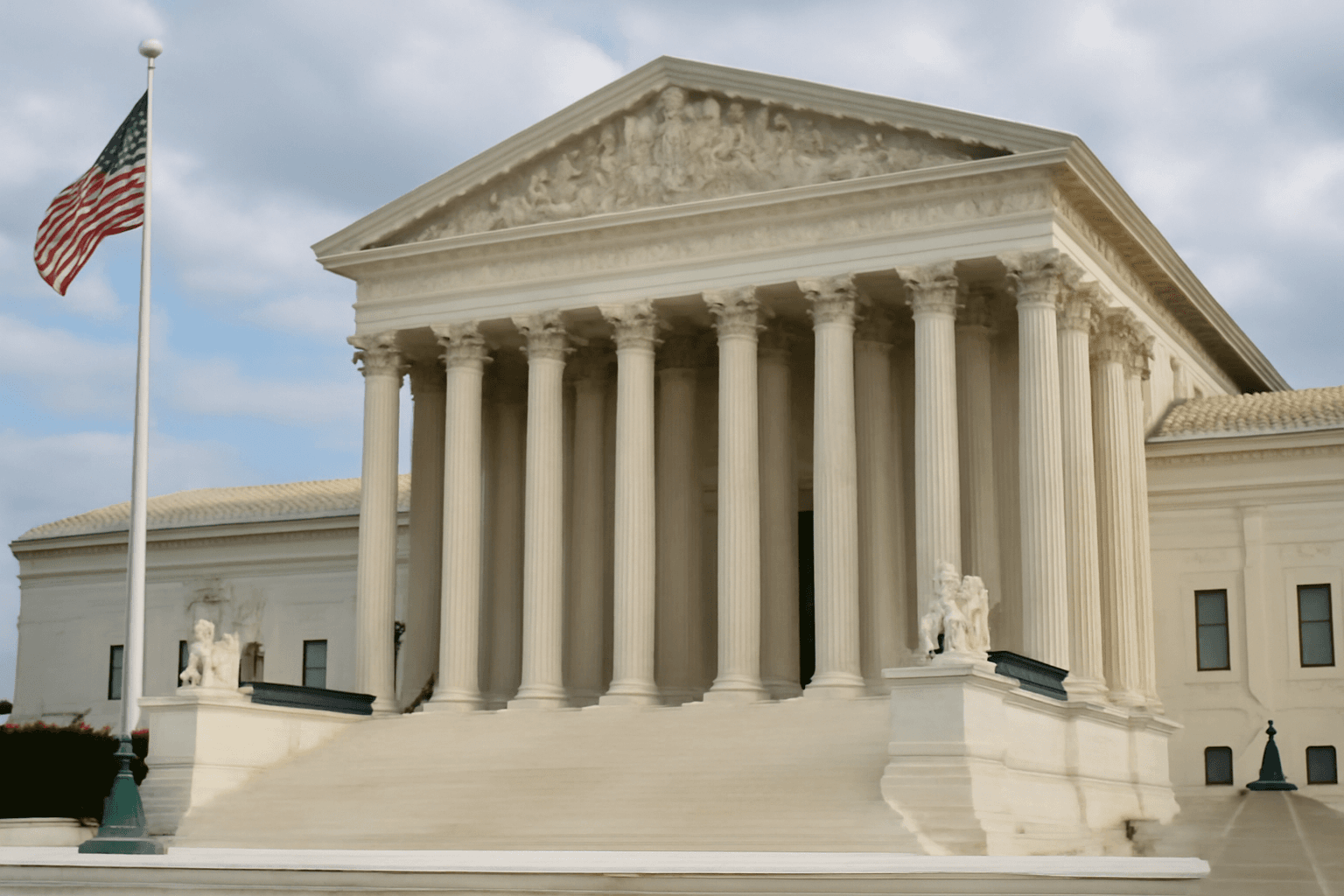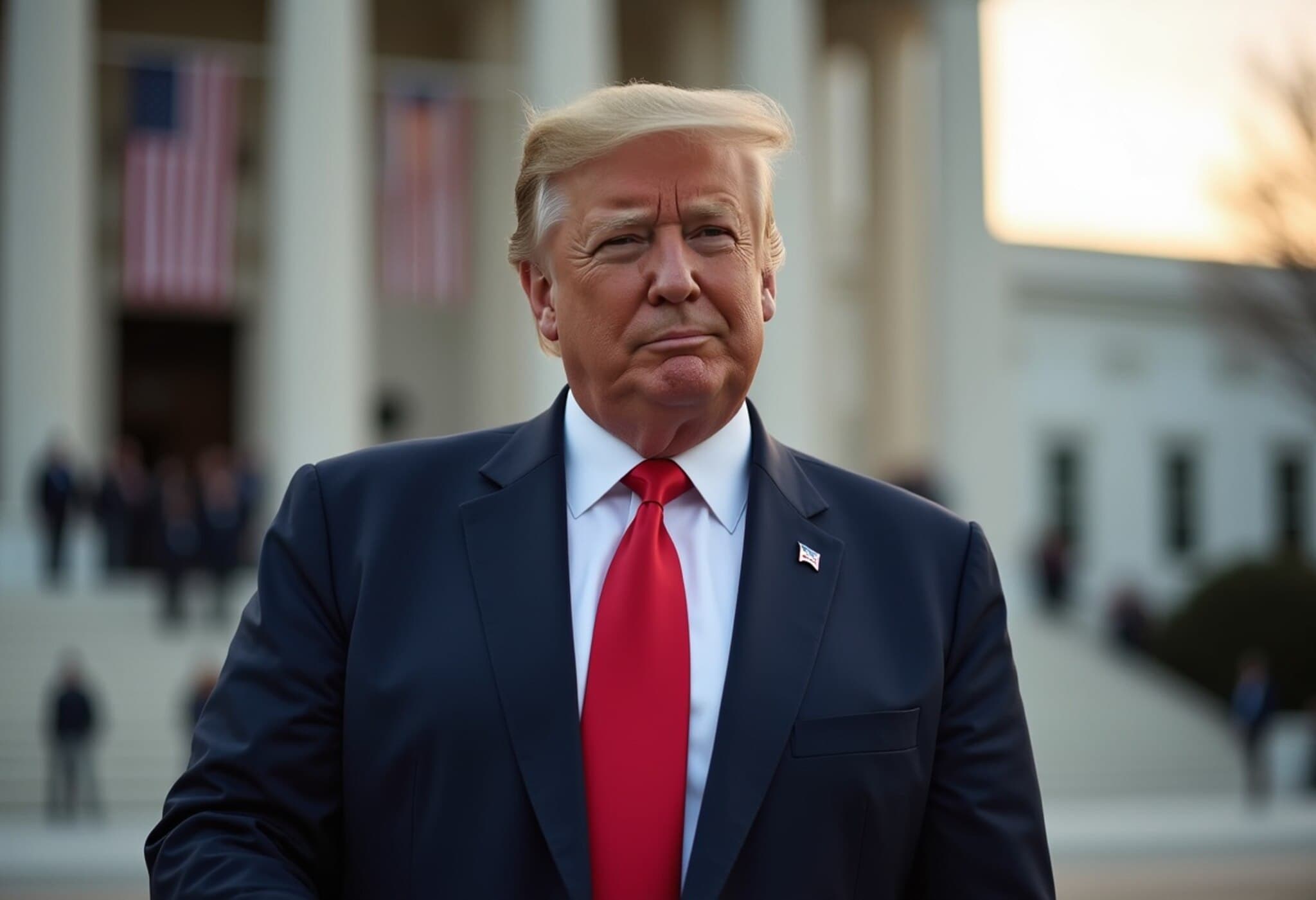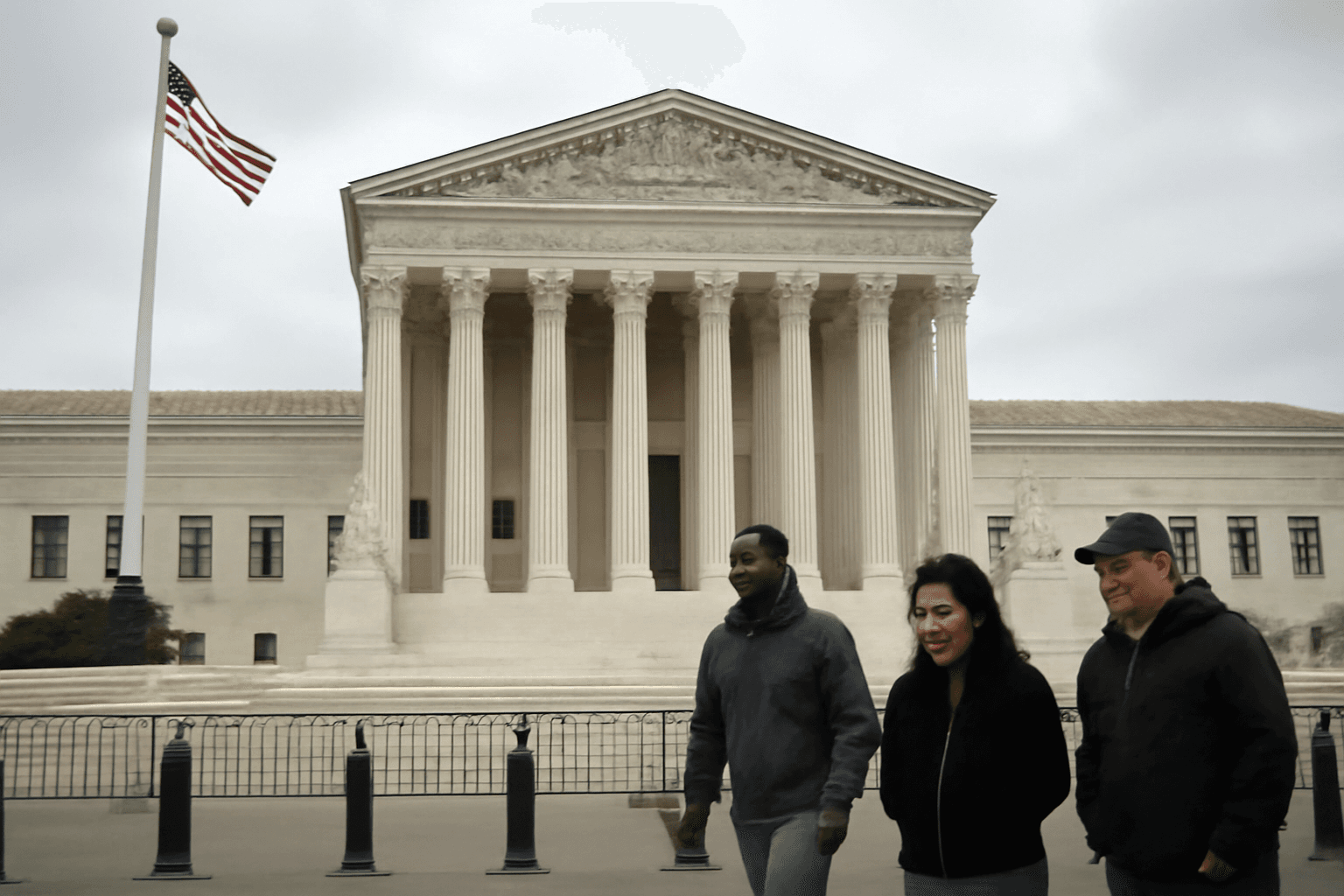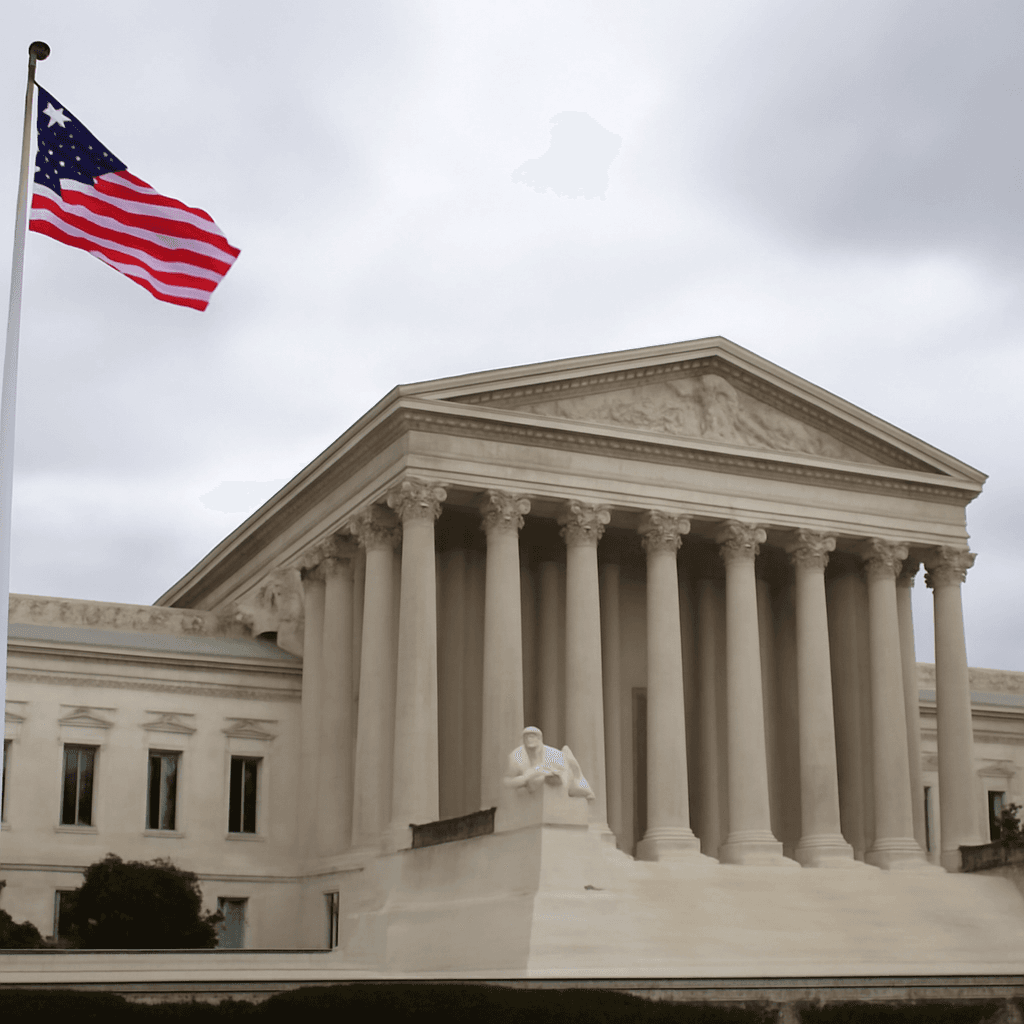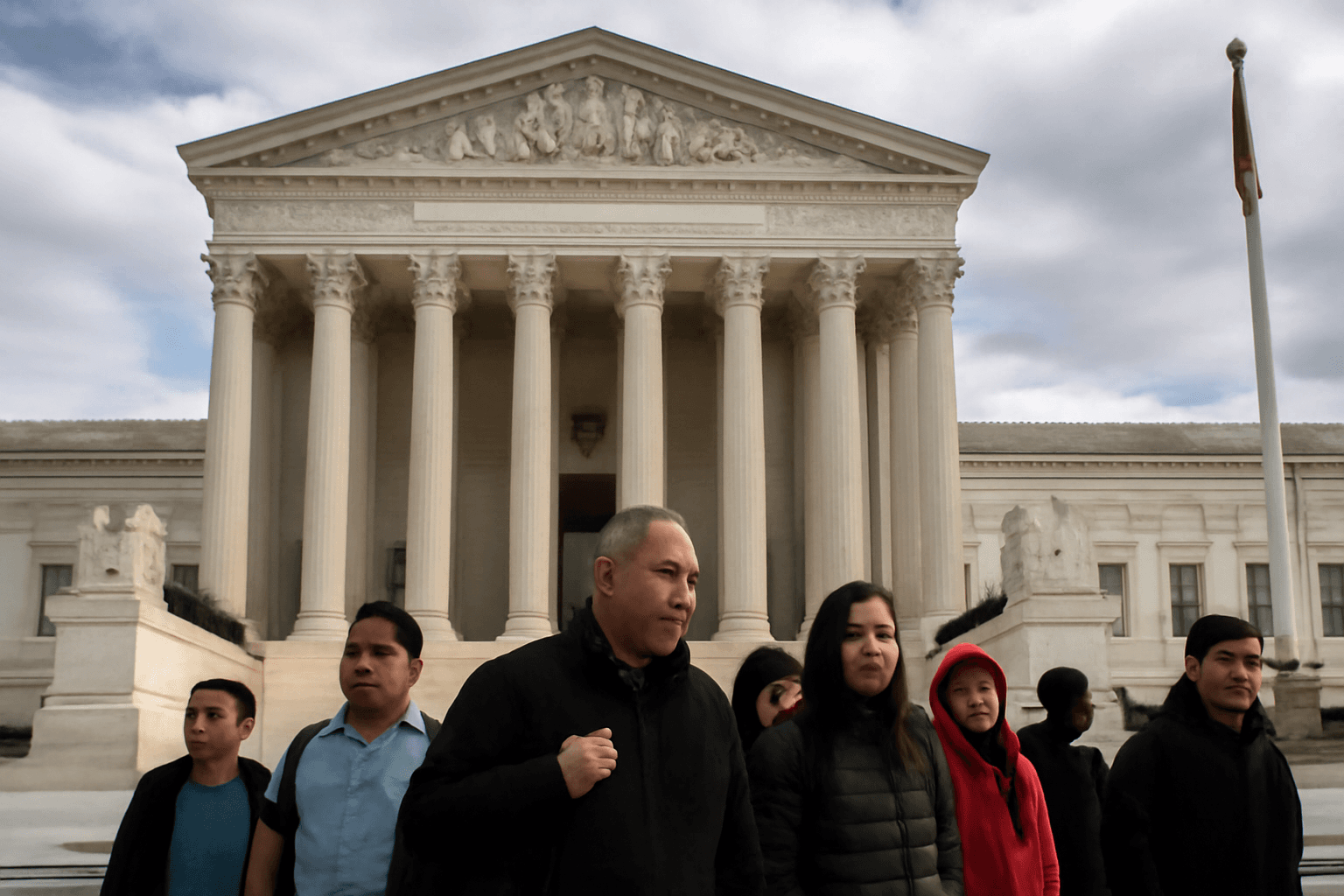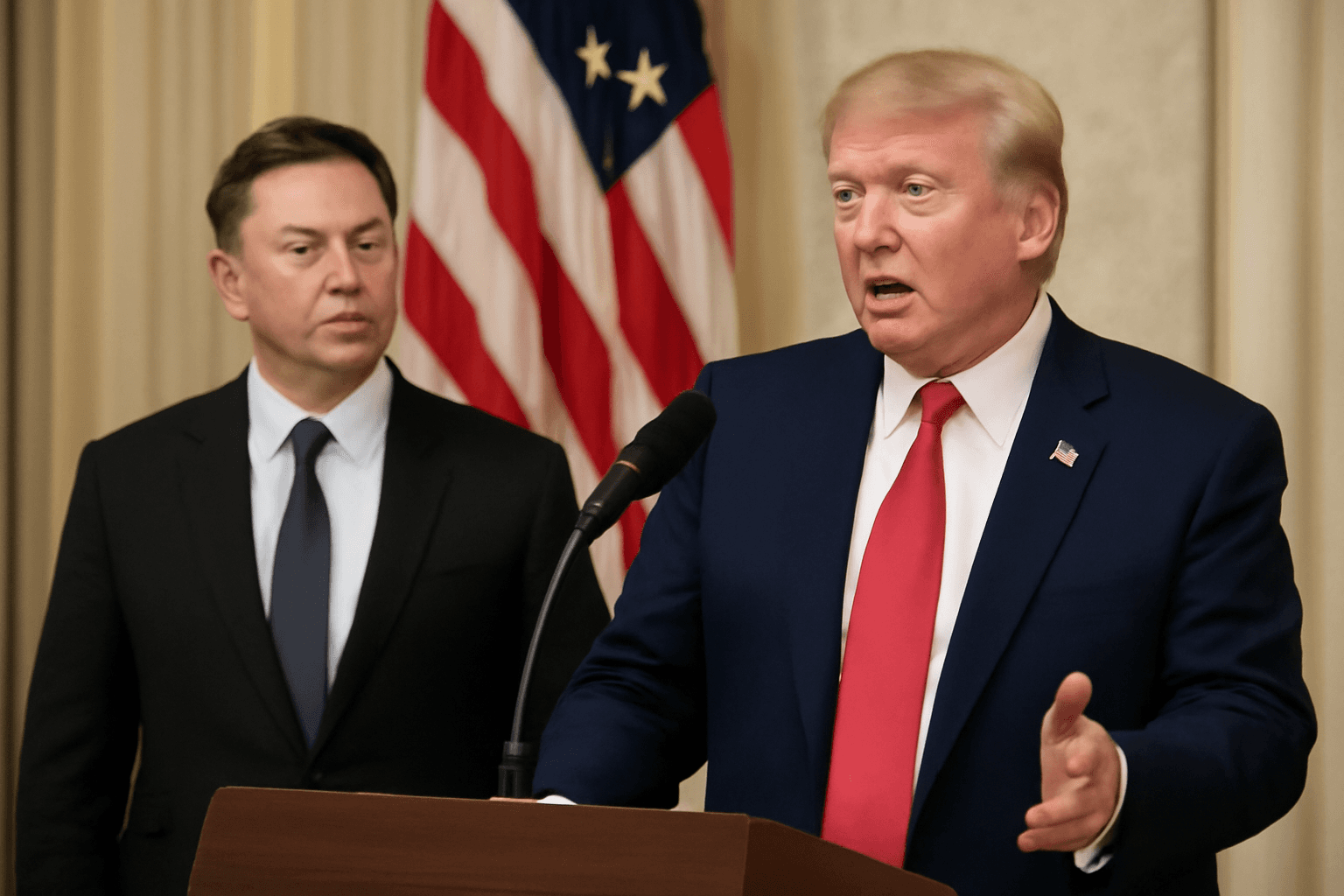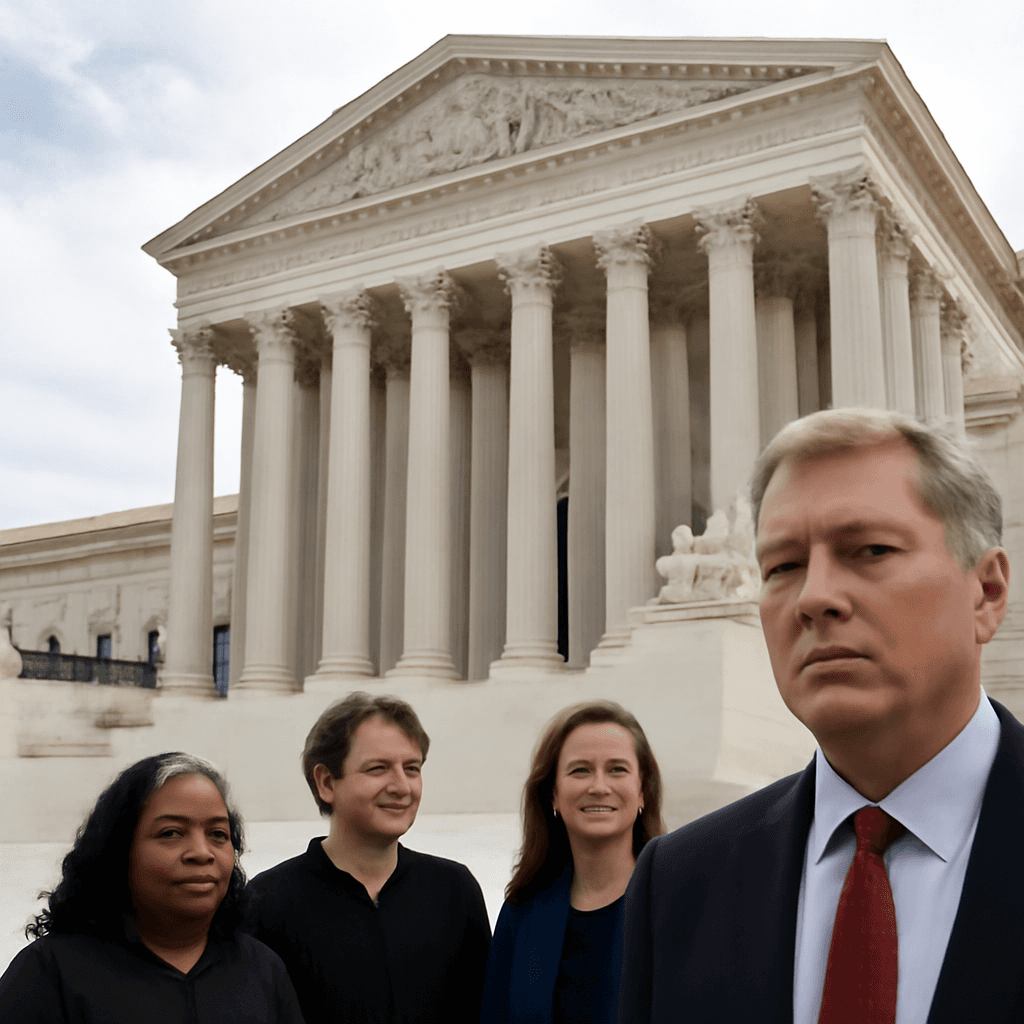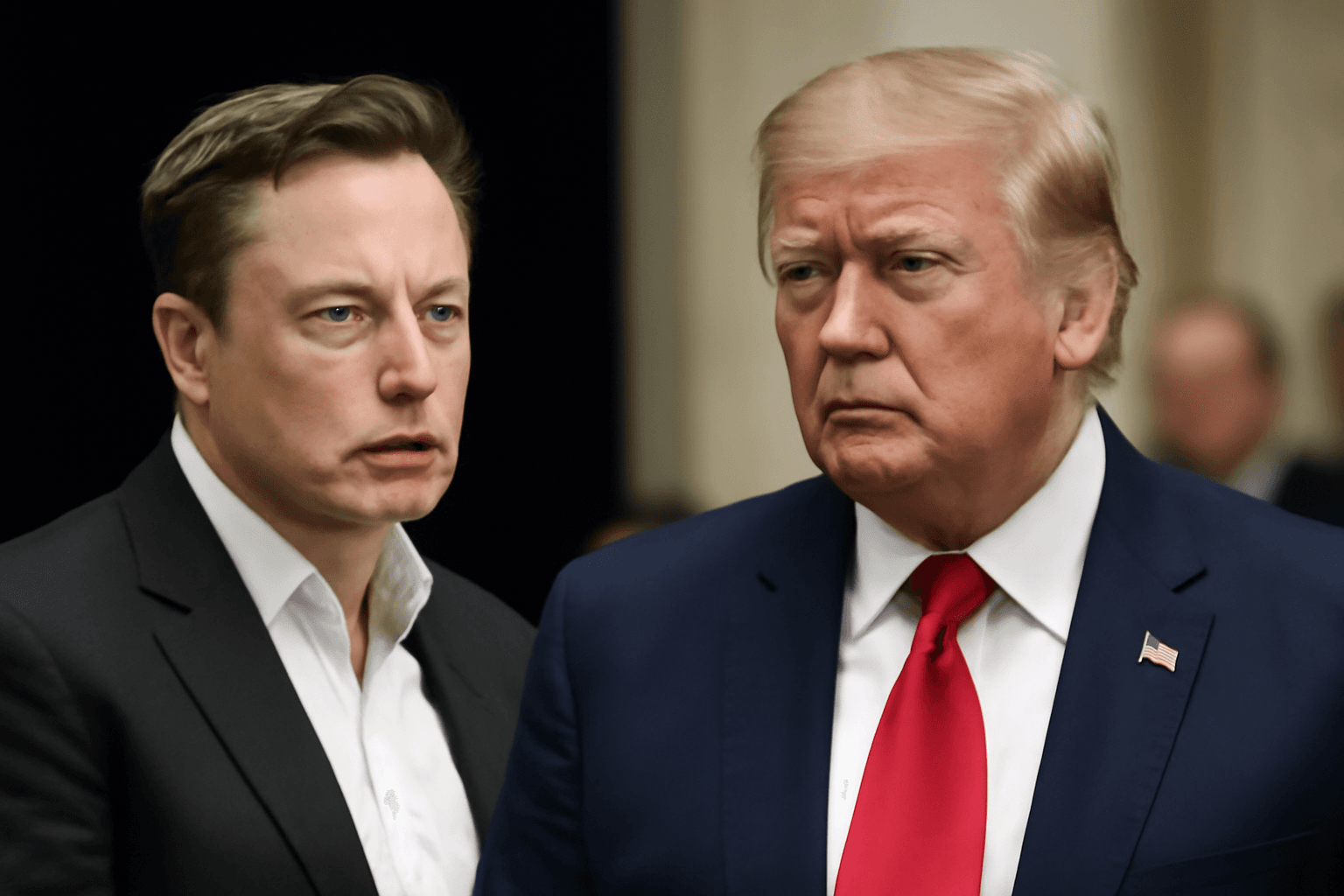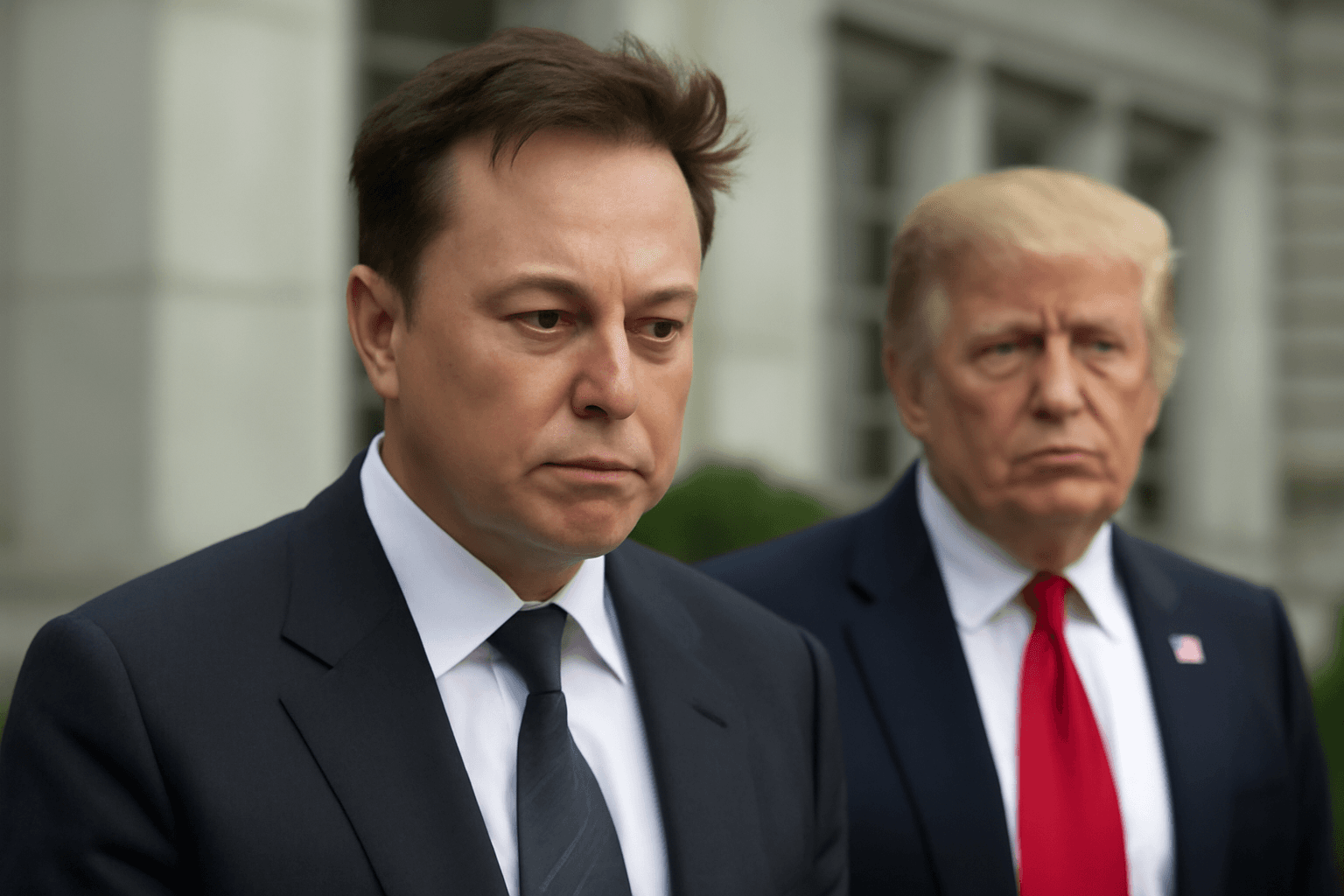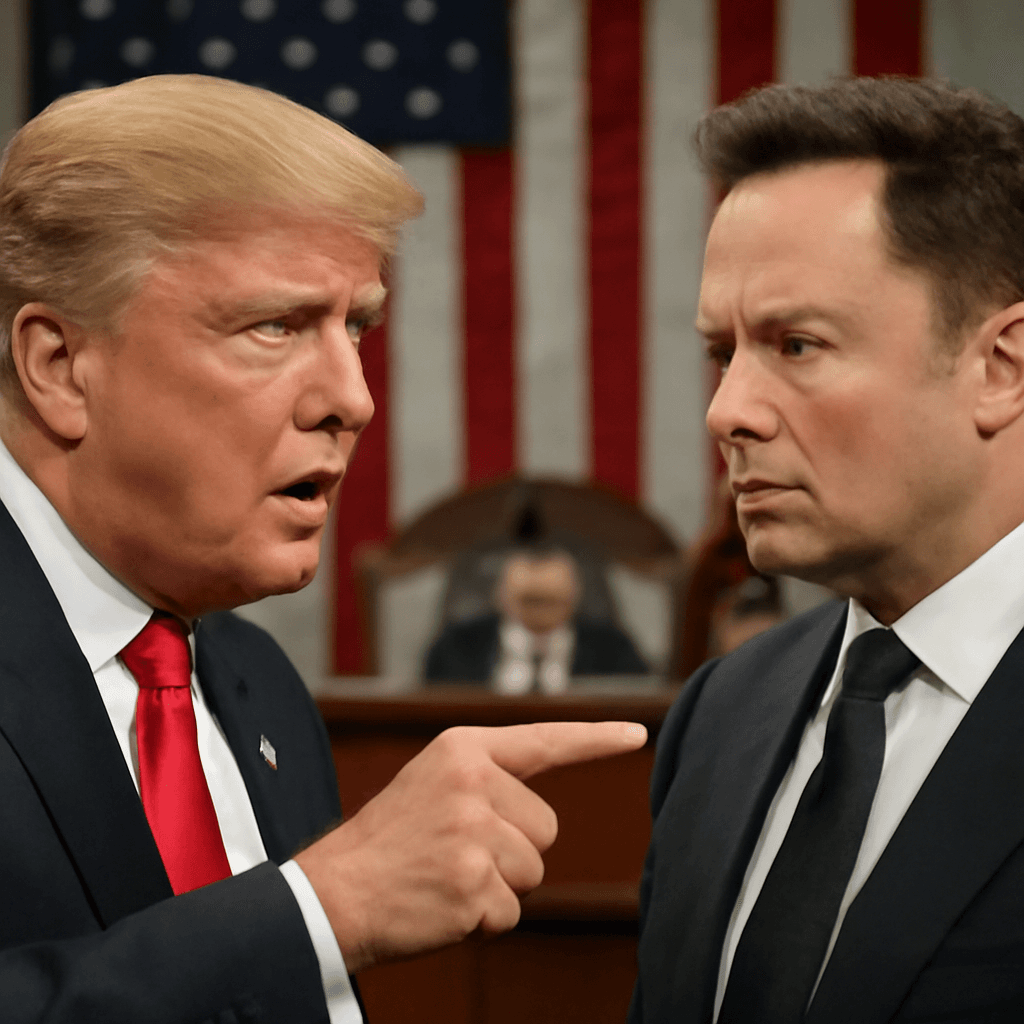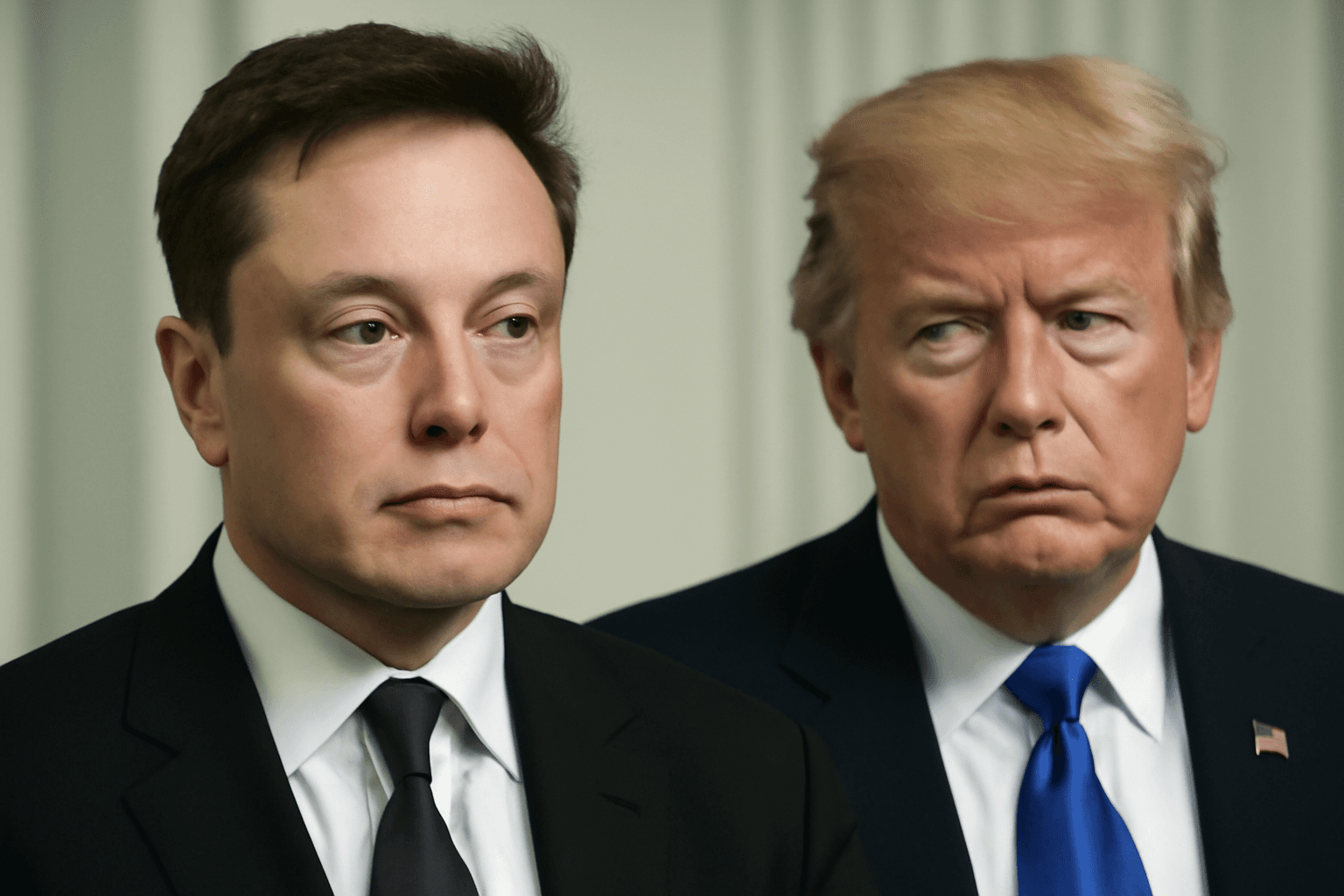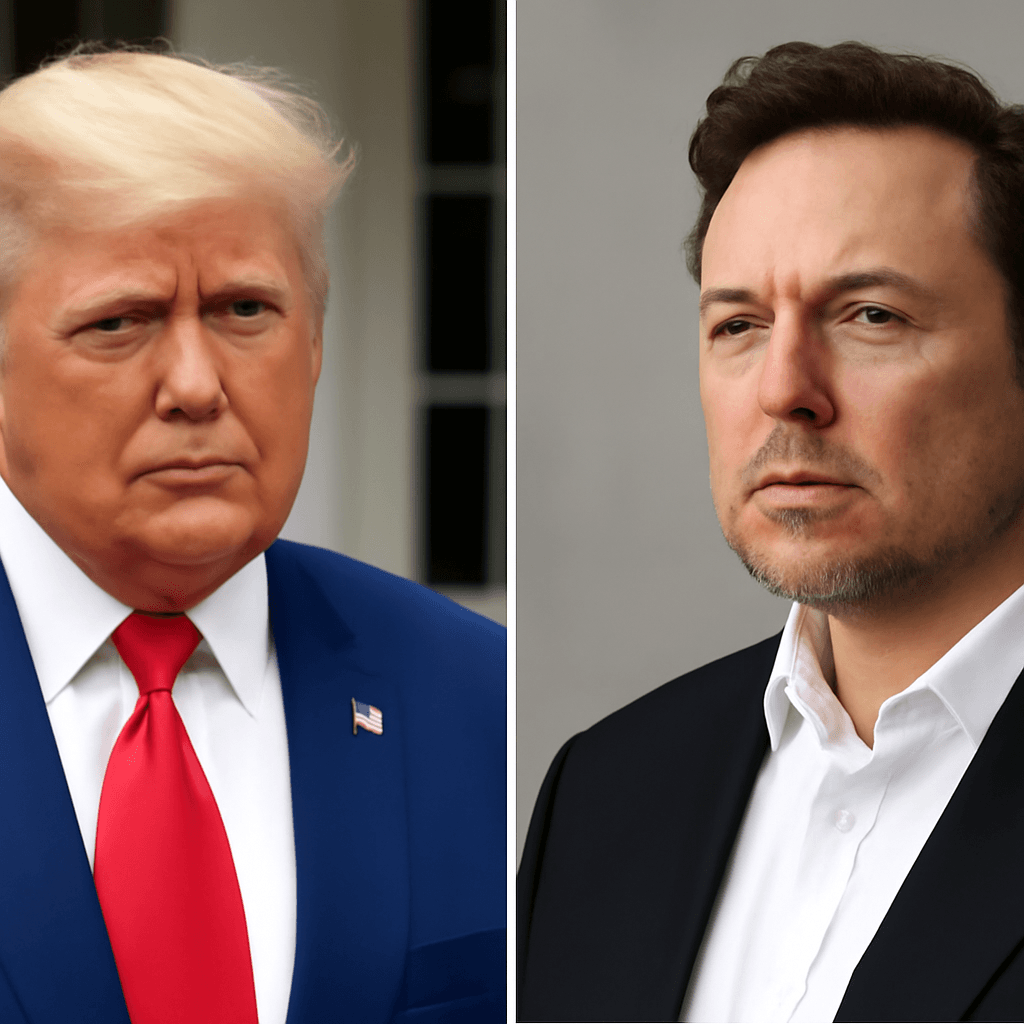Supreme Court Approves DOGE Access to Social Security Data
In a contentious decision, the United States Supreme Court has ruled in favor of allowing the Department of Government Efficiency (DOGE), under the Trump administration, to access Social Security Administration (SSA) records containing sensitive data of millions of Americans.
Background of the Case
This ruling follows an appeal aimed at overturning an April order from a district court judge that had restricted DOGE’s ability to access detailed SSA records. The April injunction was established to safeguard the personal and confidential information of United States citizens.
Details of the Supreme Court Order
The Supreme Court, in an unsigned and brief order, stated: "SSA may proceed to afford members of the SSA DOGE Team access to the agency records in question in order for those members to do their work."
The decision was split, with the liberal justices dissenting. Justice Ketanji Brown Jackson notably expressed concern about significant privacy risks, highlighting that the data includes:
- Social Security numbers
- Birth dates
- Addresses
- Bank account numbers
- Medical records
She emphasized the government’s push to grant unrestricted access before the legality of such access could be thoroughly examined in court.
Initial District Court Ruling
District Judge Ellen Hollander's April ruling prohibited DOGE personnel from accessing personally identifiable information, including social security numbers, medical histories, and bank records. The judge mandated that any SSA data shared with DOGE employees be either redacted or anonymized.
Further, only employees who completed stringent background checks and privacy training would be permitted access to this data.
Concerns Over Privacy and Legal Challenges
The litigation was initiated by a coalition of unions who argued that SSA had irresponsibly granted DOGE access to sensitive data, risking the privacy of millions of Americans.
DOGE, a federal initiative aimed at reducing government spending by billions, was at the time overseen by Elon Musk, a prominent business figure. Political tensions have since escalated between Musk and the Trump administration.
Implications and Next Steps
This ruling marks a significant development in the debate over government transparency versus individual privacy rights. The decision allows DOGE to proceed with its operations involving sensitive SSA data, though further legal scrutiny may be forthcoming.
Opposition voices caution about the potential for misuse of non-anonymized data, urging careful oversight to protect citizens’ personal information.

